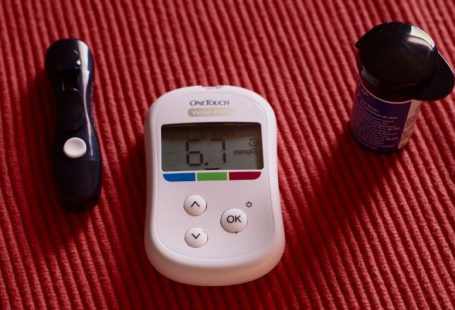A growing trend in sustainable agriculture has led to the exploration of alternative methods to protect crops from pests. One such method that has gained attention is the use of sugar as a natural pesticide. While sugar is commonly associated with sweetness and indulgence, its role as a pesticide may come as a surprise to many. In this article, we will delve into the effectiveness of sugar as a natural pesticide and how it can offer sweet protection for crops.
The Science Behind Sugar as a Pesticide
Sugar, in the form of sucrose, is a naturally occurring compound found in plants. When used as a pesticide, sugar acts as a deterrent to pests by disrupting their feeding patterns. Pests are attracted to the sugary substance, which can be applied directly to the plants or as a spray. Once ingested, the sugar interferes with the pests’ ability to digest food, ultimately leading to their demise. This method is not only effective but also environmentally friendly, as it does not introduce harmful chemicals into the ecosystem.
Attract and Kill: How Sugar Lures Pests
The concept of using sugar to attract pests may seem counterintuitive, but it is a strategic approach to pest management. By offering a tempting source of food, pests are drawn to the treated plants, where they consume the sugar and suffer the consequences. This method, known as attract and kill, targets pests directly while minimizing the impact on beneficial insects and the surrounding environment. It is a targeted approach that can help reduce pest populations without the need for widespread pesticide application.
Enhancing Plant Defense Mechanisms
In addition to its direct impact on pests, sugar can also enhance a plant’s natural defense mechanisms. When plants are under attack by pests, they often produce hormones that trigger various defense responses. By applying sugar to the plants, growers can stimulate these defense pathways, making the plants more resilient to pest infestations. This dual-action approach not only helps control existing pest populations but also strengthens the plants’ ability to fend off future attacks.
Compatibility with Organic Farming Practices
The use of sugar as a natural pesticide aligns well with organic farming practices, which prioritize environmentally friendly methods of pest control. Organic growers often face challenges in managing pests without the use of synthetic chemicals, making sugar a valuable tool in their arsenal. By harnessing the power of sugar, organic farmers can protect their crops without compromising the integrity of their operations. This approach underscores the importance of sustainable agriculture practices that prioritize both crop protection and environmental stewardship.
Field Studies and Real-World Applications
Field studies have shown promising results in the use of sugar as a natural pesticide. Researchers have observed a significant reduction in pest populations on treated plants, indicating the effectiveness of this approach. Real-world applications have also demonstrated the practicality of using sugar in pest management strategies. Farmers who have adopted this method report positive outcomes, including improved crop yields and reduced reliance on conventional pesticides. As more growers recognize the benefits of sugar as a natural pesticide, its adoption is likely to continue to grow in the agricultural sector.
Harnessing the Power of Sugar for Sustainable Crop Protection
In conclusion, sugar offers a sweet solution to the challenges of pest management in agriculture. By leveraging its natural properties, growers can protect their crops effectively while minimizing the impact on the environment. The use of sugar as a pesticide represents a step towards sustainable agriculture practices that prioritize the health of the ecosystem and the well-being of future generations. As we continue to explore innovative approaches to crop protection, sugar stands out as a natural, effective, and environmentally friendly option for safeguarding our food supply.





